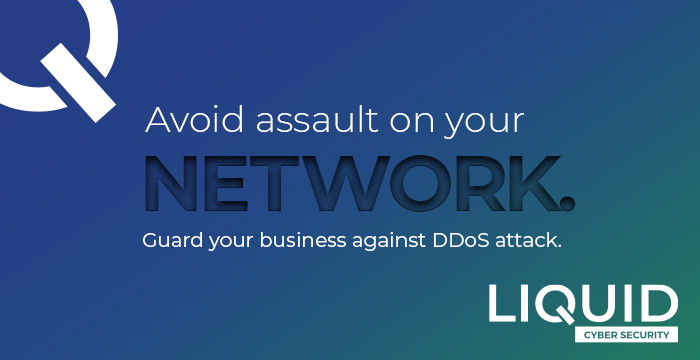by Winston Ritson, Group Head of Cloud, Liquid Intelligent Technologies
The advent of COVID-19 drastically altered ways of working for businesses, companies, and individuals alike across the globe. In a shockingly unexpected wave of disruption, the global pandemic handcuffed most of us to the vicinity of our homes, thus embarking on an era of ‘work from home’ (WFH) culture. Remote working is not a new concept, but the last two years unquestionably pushed the collective need for global remote working. As per a recent report, 55% of businesses globally offer some capacity for remote work. Having Cloud-based devices that are accessible anywhere and anytime is no longer an option but more likely a necessity in today’s day and age. Don’t know where to begin with cloud computing? We’ve got your back, sit back and explore the fundamentals of this ground-breaking technology with us.
WHAT IS CLOUD COMPUTING?
In its essence, Cloud Computing is the on-demand availability of various computer system resources over the internet, including servers, storage, databases, networking, software, analytics, and intelligence. In other words, you can access computer-related resources and services from an ‘on-line location’, a.k.a ‘the cloud’.
As an easy reference, think of when you had to frequent multiple libraries in search of books for information for research purposes on a particular topic. Not only would you have to spend hours collecting various books, you would also have to cross-check and verify information, making it a time-consuming and expensive exercise due to the multiple library memberships. However, with Britannica making the encyclopedia a household item, you suddenly had verified information available at your fingertips, saving both time and money.
The Cloud is pretty much like the encyclopedia, and hyperscalers like Microsoft and AWS have democratised access to the Cloud for businesses of all sizes, removing the need for significant investments towards on-prem servers, buying licenses, etc. Like WFH culture, Cloud Computing is not a new concept. It has been around for over a decade, but the global pandemic just accelerated the adoption, making the technology necessary for businesses to continue functioning.
REMOTE WORKING AND BUSINESS CONTINUITY
As the past two years brought about a global disruption in our old ways of working, it has become evident that the ‘anywhere, anytime’ access to work is the golden ticket to ensure business continuity. In addition, the approach of flexible working can lead to more efficiency, and the collaboration capabilities are endless as the location of an individual is no longer relevant when setting up a meeting.
Additionally, Cloud-based applications permit multiple users to access the same document simultaneously to edit, comment, and update as needed, without the constant worry around version control or room for storage.
RELIABLE, SECURE, ROUND-THE-CLOCK ASSISTANCE
With secure remote work being the need of the hour for most organisations globally, reliable Cloud solutions like Microsoft Azure can keep operations running round-the-clock securely and efficiently. The built-in security offered by public Cloud providers is one of the main reasons why even large companies and corporates like Uber opt for public Cloud Computing rather than having their own private Cloud. The expert security solutions provided by the public Cloud are beyond compare and include safety measures like multi-factor authentication, data encryption, and the latest firewalls. What’s more, you have access to a dedicated cybersecurity team to monitor every suspicious movement. it also eliminates the risk of any physical data breaches that organisations were subjected to more frequently previously
GREENER WAY OF WORKING
The revolution of remote working is beneficial for the employees and employers, and the environment in the greater scheme of things. With an increasing number of people opting for remote working, there is a possibility to see lesser traffic on the roads. As per reports, remote workers could reduce greenhouse gas emissions by 54 tons annually. Thus, companies investing in advanced Cloud Computing solutions like Microsoft 365 and Azure increase productivity, save costs, collaborate efficiently, and make a significant positive impact on the environment, contributing to their CSR efforts.
EASY RECOVERY
A subtle downside of this universal digital transformation is our utmost dependence on external factors like internet connection, network range and reach, power supply, weather conditions, and more. While most of us have faced occasional hiccups like laptop crashes, power outages, or even hardware damage while working from home, Cloud adoption and Cloud-based filing systems are here to save the day. Connected computers can spontaneously backup data, files, emails, or digital records to Cloud-servers for easy recovery in the case of a disaster.
So if you are ready to change with time and move your workforce to a virtual workplace, your first step would be to look out for the best-in-class cloud computing solution best suited for your business needs.
For more information on cloud computing and cloud services, log on to https://www.liquid.tech/digital-services/Cloud-services.






